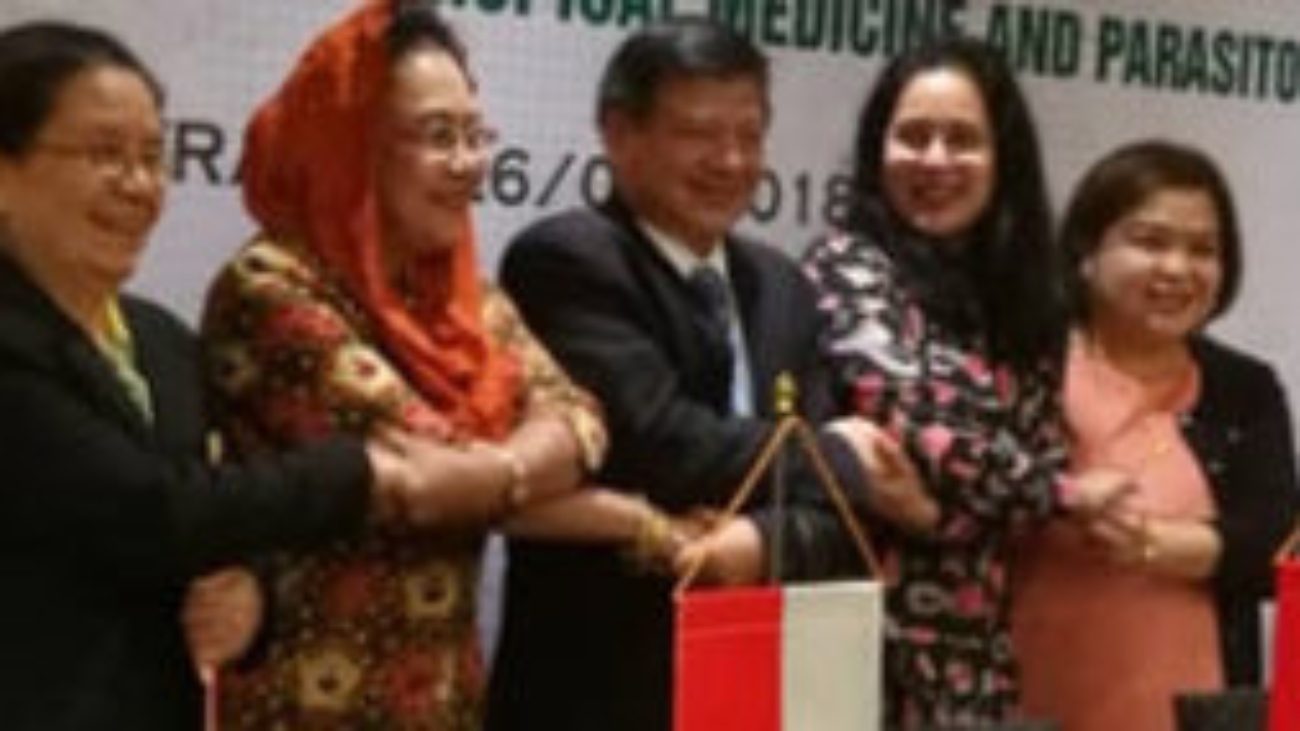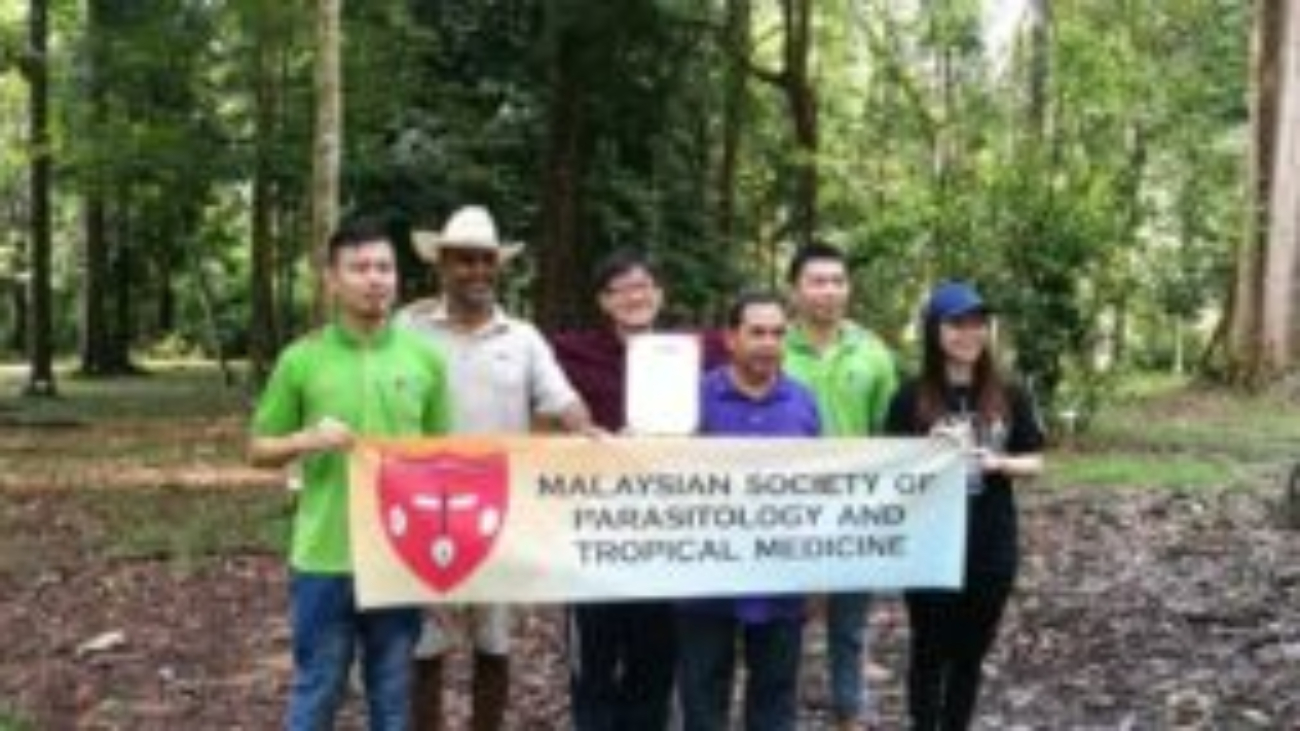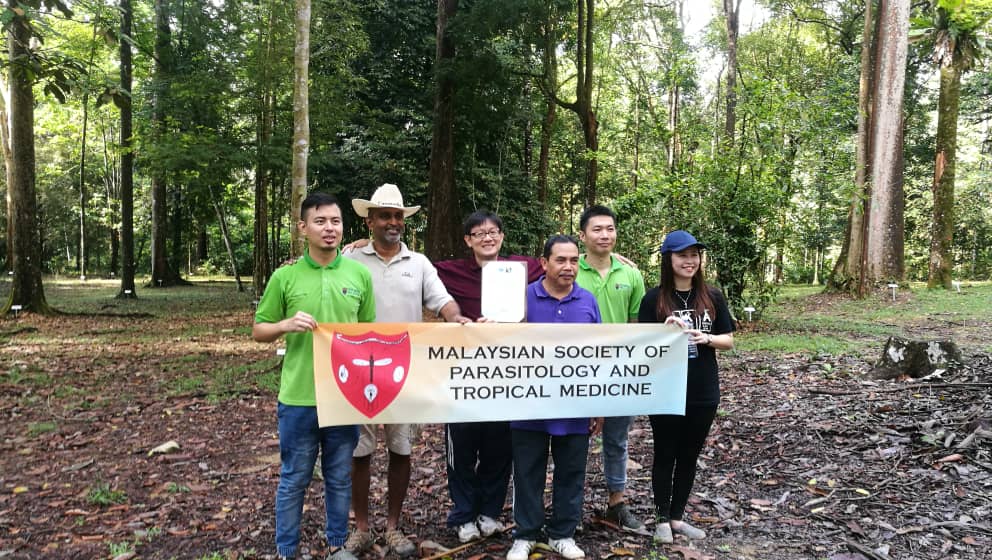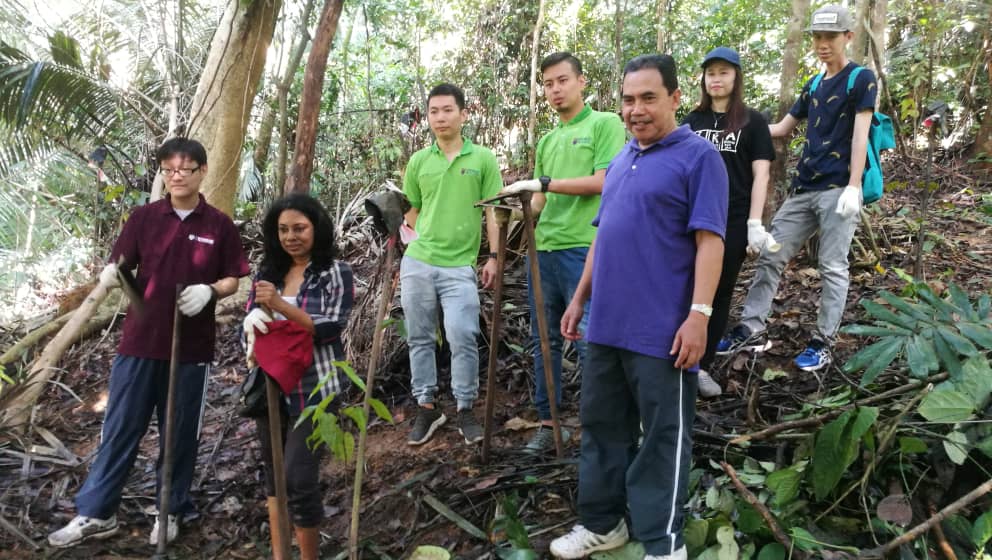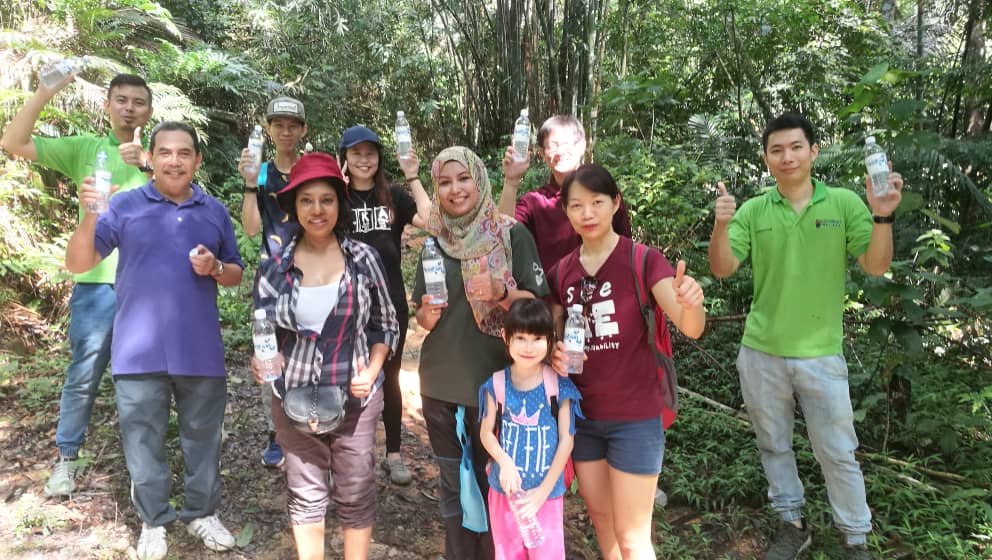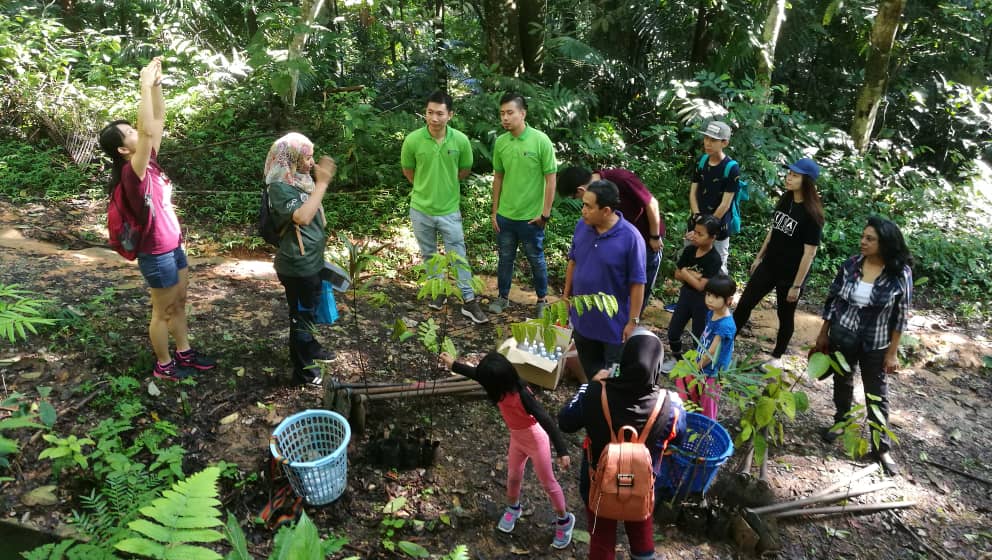Our Vision of a Regional Community Comes to Fruition.
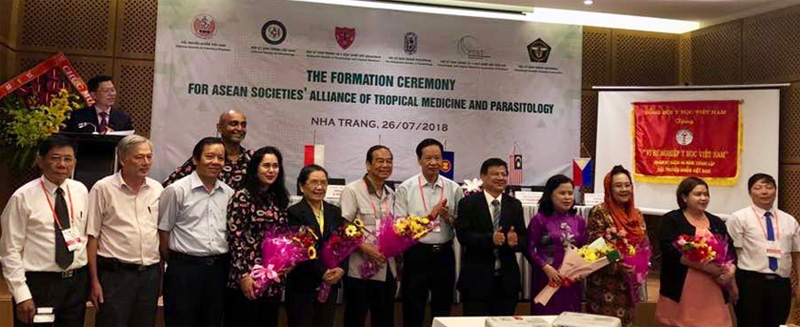
The ASEAN Societies’ Alliance of Tropical Medicine and Parasitology has finally been realised with the signing of the Memorandum of Understanding between 6 Tropical Medicine and Parasitology societies in Southeast Asia on 26 July 2018 in Nha Trang, Vietnam.
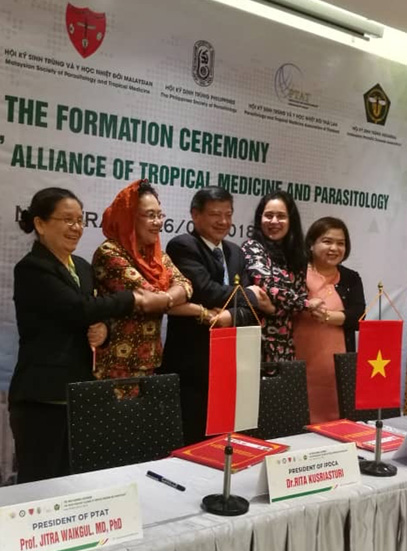
The original six founding members are:
- The Malaysian Society of Parasitology and Tropical Medicine (MSPTM),
- The Vietnam Society of Infectious Disease (VSID),
- The Vietnam Society of Parasitology (VSP)
- Parasitology and Tropical Medicine Association Thailand (PTAT),
- Indonesia Parasitic Disease Association (IPDA), and
- The Philippine Society of Parasitology (PSP).
The presidents of the societies were represented by Associate Prof Dr Siti Nursheena Mohd Zain (MSPTM), Prof Dr Nguyen Van Kinh (VSID), Prof D Le Bach Quang, (VSP) Associate Prof Dr Jitra Waikagul (PTAT) and Associate prof Dr Mary Jane Flores (PSP).
The MOU signals the joint commitment of the six societies towards creating a united community of associations in the ASEAN region that will establish a platform for researchers and practitioners to share ideas and coordinate in the field of parasitology and tropical medicine.
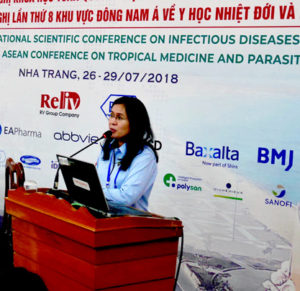
In her introduction speech, President of the MSPTM, Associate Professor Siti Nursheena, described her happiness to see an idea that was mooted more than a decade ago come to fruition through the signing of the MOU.
She emphasized that with this union, key experts in various fields of parasitology and tropical diseases have greater ease and support to share ideas and solutions to promote scientific knowledge and cooperation among the medical, scientific and veterinary fields. This will ultimately play an important role in strengthening research outputs, enhancing surveillance, and implementing capacity building programs to stimulate further science and technological developments.
The main objectives of this initiative is to:
- Create a joint member database that will be accessible to all parties;
- Offer increased value-add to memberships.
- Platform for matching areas of expertise and research interests; improve communication between leadership, members, and partners.
- Organise key networking events such as the bi-annual ASEAN Congress of Tropical Medicine and Parasitology (ACTMP) to promote key knowledge sharing and networking among members; ACTMP will be rotated every 2 years in each country.
- Platform for capacity building and training for students and researchers through exchange programs and special joint projects;
- Prepare joint proposals, research in areas of mutual interest
- Share experience and research results, exchange of publications, reports and other academic materials and information; and
- Share other activities and programs in areas of mutual interest, where such sharing shall result in benefit to all Parties
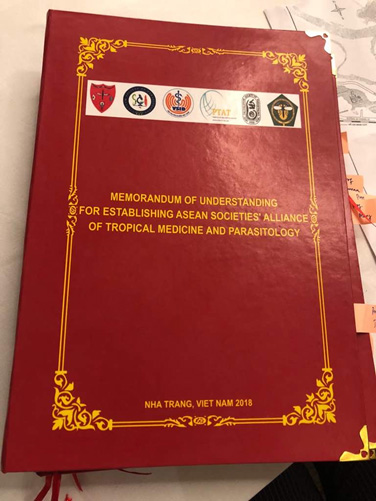

Ultimately its about creating an ASEAN-wide community of knowledge and practice

